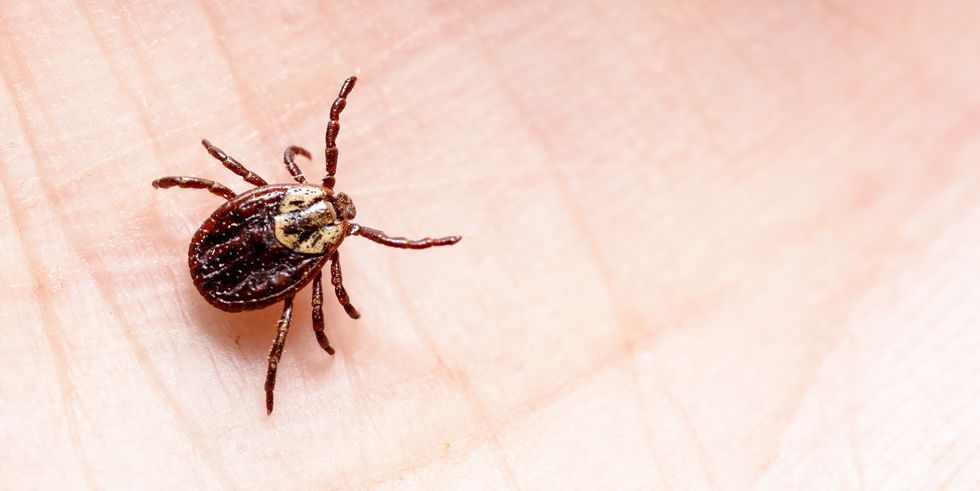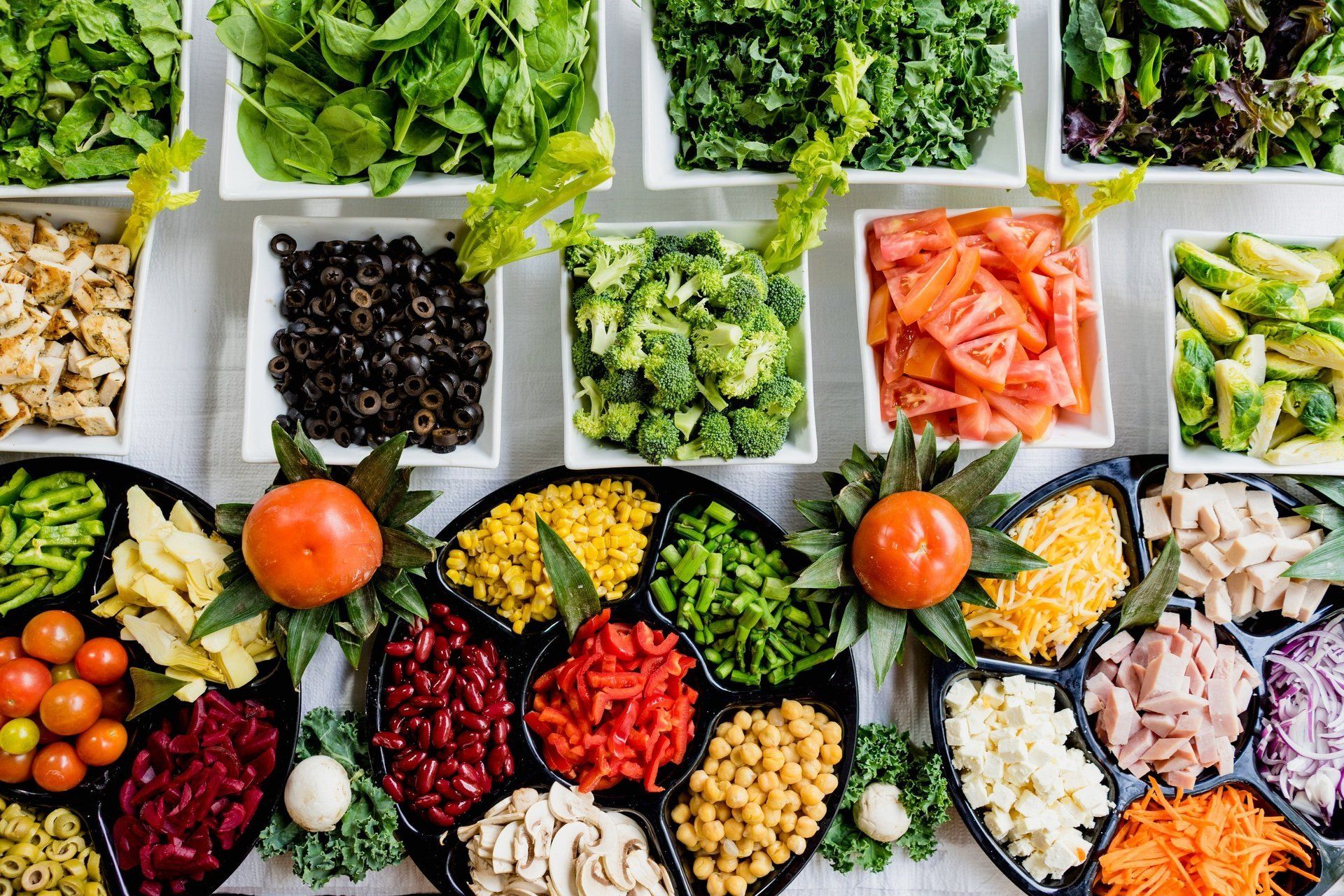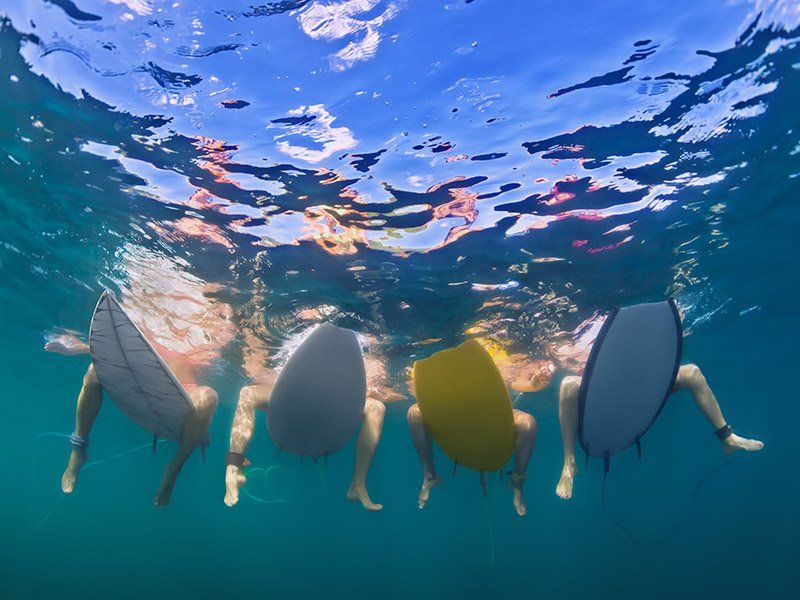By Anna Thomas-Mergler
•
June 6, 2020
The #2 cancer killer is bowel cancer (colorectal cancer). It is 90% curable with early detection. The colon and rectum are parts of the large intestine where the last part of our food digestion occurs. The colon receives the almost completely digested food from the small intestine and absorbs water and nutrients from it before is passes to the rectum to be eliminated from the body as "poo" or "faeces". Who gets bowel cancer? Men and women, young and old. Australia has one of the highest rates of bowel cancer in the world. 1 in 13 of us will develop it in our lifetime. Around 30% people have a family history of bowel cancer. The risk of contracting bowel cancer increases sharply once we hit the age of 50, and this is why free bowel testing kits are sent out when you are 50, and from various years after that (look up the National Bowel Cancer Screening Programme to see when your next free kit comes out). Your GP will also start recommending bowel testing every 1-2 years from the age of 50, and colonoscopies (small, flexible telescope into the bowel to look for any problems) from the age of 50, or earlier if you have a family history of bowel cancer. How do we help keep our bowel healthy and free from cancer? * By not smoking. * By not eating too much red meat (more than 2 serves of lean red meat per week), especially when charred on the BBQ. * By limiting intake of processed, smoked, cured meats * By eating lots of fibre aka fruit and veggies, nuts and legumes. Fibre rich food in a healthy diet is what our bowel loves. The "western diet", with traditionally low fibre (white rice, white pasta, white bread, and refined, processed foods), is what contributes to bowel cancer. * By limiting our consumption of alcohol. * Keeping our weight down to a healthy weight range (BMI 20-25). Due to new information we have on hereditary bowel cancers, some individuals are recommended to take aspirin each day to lower their risk. This needs to be talked about with your doctor, as there are risks with taking aspirin (an increased risk of bleeding), and it is not for everyone. What are the symptoms of bowel cancer? As a cancerous tumour grows, it can narrow or block the bowel, causing a change in bowel habit: constipation, diarrhoea, abdominal pain or bloating. Maybe even fatigue, weight loss, nausea or vomiting. It may cause blood to appear in the bowel motions. If you notice bleeding when you empty your bowels, tell your doctor and don't dismiss it as bleeding from haemorrhoids. Bowel Screening: Bowel Testing kits ( faecal occult blood tests), and colonoscopies. As mentioned above, everyone should start bowel screening every 1-2 years from the age of 50, as early detection of a bowel cancer is likely to be lifesaving. Some bowel cancers run in families who have small non cancerous growths called polyps in their bowel. Some of these polyps are precancerous and can change over time into cancer. Speak to your GP about your risk of bowel cancer, and whether you need to be referred for a colonoscopy to check for polyps. Usually as a guide, if you have a first degree relative who contracted bowel cancer, you should start having colonoscopies 10years before the age of their first diagnosis. Bowel test kits look for microscopic (occult/hidden) blood in two or three bowel motions collected on consecutive days. Tell you doctor if you have any of the below symptoms for more than two weeks: * blood in the poo or rectal bleeding * a recent, persistent change on bowel habit * a change in the shape to appearance of your poo (narrower poos, or mucus in poo) * abdominal pain or swelling * pain or a lump in the anus or rectum * unexplained weight loss, or anaemia causing tiredness and weakness.





